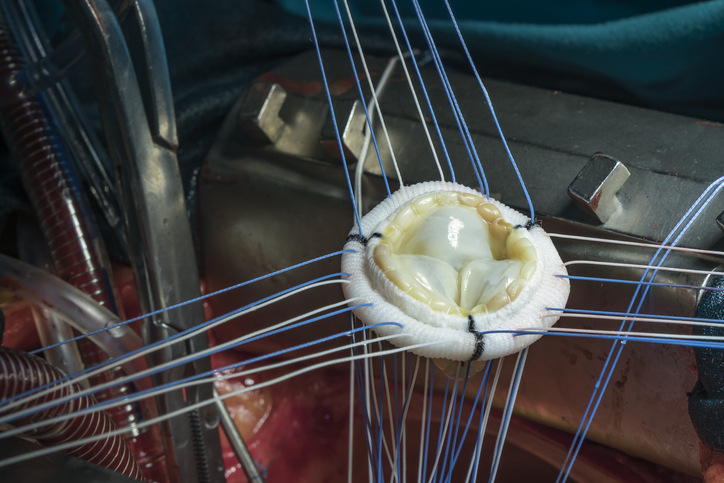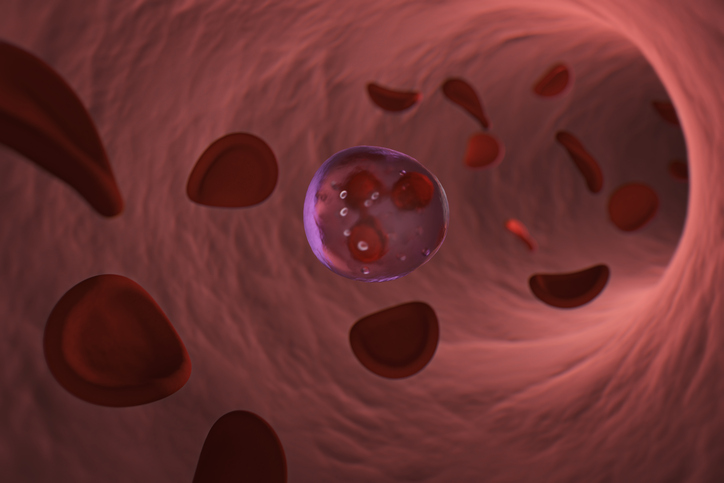
Gastrointestinal (GI) cancers were found at a mean rate of about one in 37 patients with atrial fibrillation (AFib) treated with novel oral anticoagulants (NOACs), according to a new study in Heart Rhythm.
“Oral anticoagulants may serve as a “screening test” for GI tract malignancies through the presentation of bleeding,” the authors wrote in their abstract. the nationwide cohort study sought to investigate the one-year incidence and potential predictors of GI after GI bleeding in patients with AFib who were treated with either NOACs or warfarin. The study included 10,845 anticoagulated patients with AFib who were hospitalized for GI bleeding and who were without a history of prior GI cancers. They were then followed up for up to one year.
According to the analysis results, 290 (2.67%) of AFib patients were diagnosed with GI tract cancers within a year. The authors also reported that those treated with NOACs had more diagnoses of GI cancers than did patients taking warfarin (3.87% vs. 2.44%, respectively; P<0.001). Age and male sex were also associated with GI cancer diagnosis. Of those diagnosed with GI cancers, 45.2% of them died within one year. Mortality risk was lower in the NOAC patients compared with those taking warfarin (23.5% vs. 51.9%, respectively; adjusted hazard ratio, 0.441; P<0.001).
“Incident GI cancers were diagnosed in 1 in 37 AFib patients at one year after oral anticoagulant-related GI bleeding, which were more common among patients treated with NOACs (1 in 26) compared to warfarin (1 in 41),” the researchers concluded. “Detailed surveys for occult GI cancers were necessary, especially for the elderly males.”
Risks and Outcomes of Gastrointestinal Malignancies in Anticoagulated Atrial Fibrillation #Afib Patients Experiencing Gastrointestinal #Bleeding – A Nationwide Cohort Study https://t.co/f7ftXxklZF pic.twitter.com/b7OJRS6x08
— Liverpool Centre for Cardiovascular Science (@LiverpoolCCS) May 26, 2020







 © 2025 Mashup Media, LLC, a Formedics Property. All Rights Reserved.
© 2025 Mashup Media, LLC, a Formedics Property. All Rights Reserved.